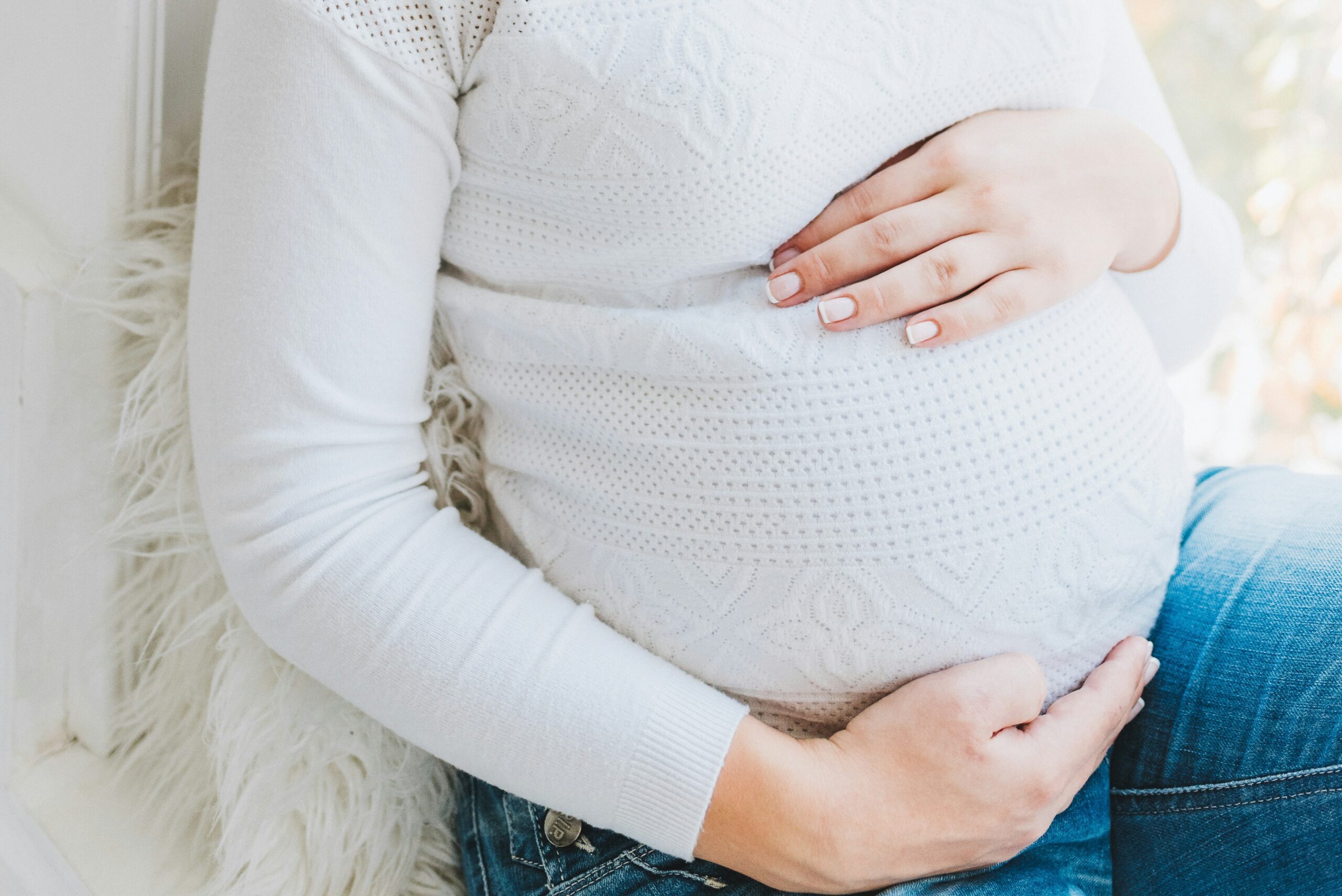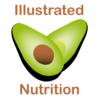Healthy Tips for a Nourishing Pregnancy

Updated November 2024
Pregnancy is beautiful and is a time filled with anticipation and excitement. But it can also be a time of uncertainty. How much should I eat? What nutrients do I need to be concerned about? Am I not gaining enough weight? Am I gaining too much?
Pregnancy is certainly a time when your body needs extra care and nourishment, and ensuring you have a healthy diet during pregnancy is not only essential for your own well-being but also crucial for the development of your baby. Here are some practical tips to help you get started.
Prioritize Nutrient-Rich Foods
During pregnancy, your body requires an increased intake of specific nutrients, such as protein, iron, folic acid, iodine, and choline. Incorporating a variety of nutrient-rich foods into your diet can help meet these increased needs. Remember also that nutrient intake is more important than simply eating more food, especially during the first six months of your pregnancy.
Focus on including the following:
Whole Fruits and Vegetables: “Eat the rainbow!” That’s sometimes the advice you’ll hear from doctors and blogs like this. Eating as many colors as you can will help ensure you’re getting the full range of necessary vitamins and minerals—apples, berries, oranges, mangoes, bananas, broccoli, sweet potatoes, eggplant, spinach, and peppers, to name just a few.
Whole Grains: Opt for the more nourishing options like brown rice, oatmeal, bulgur, and whole-wheat bread. These are healthy sources of energy (and protein), and they will also boost your fiber intake and keep you feeling satisfied.
Lean Proteins: These can include lean meats, poultry, and seafood as well as beans, lentils, nuts, seeds, and tofu to support your baby’s growth and development. As stated above, whole grains are also a good source of protein.
Calcium: Any dairy-based foods will satisfy this need. But calcium can also be found in soy, beans, lentils, okra, broccoli, and Brussels sprouts.
Healthy Fats: Embrace sources like olive oil, avocados, and nuts while being cautious about seafood choices, such as sushi with raw fish.
Vegetarian and Vegan Moms-to-Be
Vegetarian or vegan diets can be entirely compatible with a healthy pregnancy. The key is to just be aware of what you’re eating. Pick your foods wisely to ensure you’re getting the nutrients you need, like iron. Use supplements as necessary, especially for B12, which is difficult if not nearly impossible to get from plants (even those who eat meat can wind up deficient). Don’t hesitate to consult with a healthcare professional to ensure you’re meeting your nutritional requirements, and don’t let anybody bully you! The resulting stress will not be good for you (obviously) or your baby.
Calories and Weight
The first trimester requires no extra calories, so no need to worry about that for a while. Aim for approximately 340 extra calories per day during the second trimester and 450 extra calories per day during the third trimester. Make adjustments based on your pre-pregnancy weight and activity level. A good range is 25 to 35 pounds of extra weight by the end of the pregnancy.
If you were underweight before pregnancy, you’ll need to consume more than the typical amount of calories. If you were overweight before pregnancy, you’ll want to consume a little less.
And remember that gaining weight gradually and within recommended ranges can reduce the risk of complications, such as gestational diabetes and high blood pressure.
Prenatal Supplements
Prenatal supplements play a vital role in filling nutritional gaps during pregnancy. Ensure your prenatal vitamin includes adequate amounts of folic acid, iron, iodine, and choline, which are crucial for fetal development and maternal health. Foods that contain folic acid include legumes, eggs, asparagus, and beets. You can find iron in most meats as well as spinach, peas, lentils, sweet potatoes, tofu, beans, and of course iron-enriched foods. Iodine can be found in seaweed, eggs, Greek yogurt, and iodized salt of course. Some choline-rich foods include eggs, fish, shiitake mushrooms, soybeans, beef, wheat germ, almonds, and red potatoes.
A Healthy Transformation
Pregnancy is a time of transformation both physically and emotionally. So much is going on, and so much depends on you! Embrace a balanced and nutrient-rich diet so that you can lay a solid foundation for your baby’s health. Seek guidance from healthcare professionals for any additional personalized nutrition advice tailored to your unique needs. Your commitment to nourishing your own body and your baby will contribute to a healthier and happier pregnancy experience.
